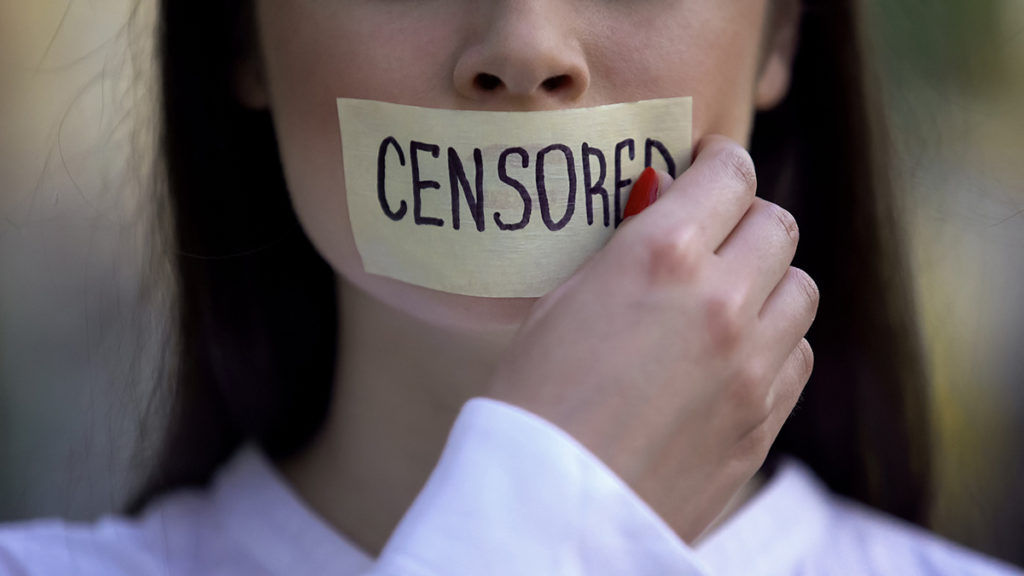
Freedom of speech is important to a free and flourishing society. No one should fear expressing their viewpoints simply because they are out of favor with the media or their local government officials – especially when they are rooted in religious beliefs and freedom of conscience. This idea goes back to the very drafting of the First Amendment in 1791, yet it is under attack today.
The late U.S. Supreme Court Justice Benjamin N. Cardozo once noted, “Of that freedom [of thought and speech] one may say that it is the matrix, the indispensable condition, of nearly every other form of freedom.” If people cannot freely think and express themselves and work out ideas in the public debate without fear of government reprisal, then other freedoms mean little, especially when they live in a society that is supposed to be self-governing.
Unfortunately, as a new orthodoxy of what people can and cannot say takes hold, more Americans are facing consequences for expressing themselves and their faith. For example, what happens when a government employee expresses a viewpoint on his own time and dime that the local government disapproves of?
This is exactly what happened in Atlanta, Georgia, in 2014, after fire chief Kevin J. Cochran was suspended without pay for giving his employees free copies of Who told You That You Were Naked?, a book he wrote and published for members of his church. Cochran was already a decorated fire chief who had been nationally recognized as “Fire Chief of the Year” by Fire Chief Magazine in 2012 and was even recruited back to his job from a position in the Obama administration.
In Cochran’s book, he expressed his biblical views on marriage and sex, which garnered a stern rebuke from the city because he didn’t pre-screen his book and get permission to publish it. A few months into his suspension, the city of Atlanta fired Cochran from his position – specifically because they disagreed with the views he expressed in his self-published book.
Cochran sued to protect his First Amendment rights. His attorneys at Alliance Defending Freedom argued vehemently that Atlanta – nor any government – violated his constitutional rights. As ADF’s senior counsel Kevin Theriot put it, “The government can’t force its employees to get its permission before they engage in free speech. It also can’t fire them for exercising that First Amendment freedom, causing them to lose both their freedom and their livelihoods.”
Fortunately for Cochran, Alliance Defending Freedom’s argument was persuasive, and he won his court case in December 2017. In its ruling, the U.S. District Court for the Northern District of Georgia found that Atlanta’s policies – the ones that resulted in Cochran’s termination, such as its “pre-clearance” requirements – as unconstitutional. This led the city council to vote on an approved $1.2 million in damages.
In its Cochran v. City of Atlanta decision, the court stated, “The potential for stifled speech far outweighs any unsupported assertion of harm.” With this in mind, it is critical that we always stand for the right to freedom of speech; any restrictions on free expression must reach a very, very high bar.
As Benjamin Franklin said, “Freedom of speech is a principal pillar of a free government: When this support is taken away, the constitution of a free society is dissolved, and tyranny is erected on its ruins.” Keeping America free depends on heeding old Ben’s words.
No Comments Yet